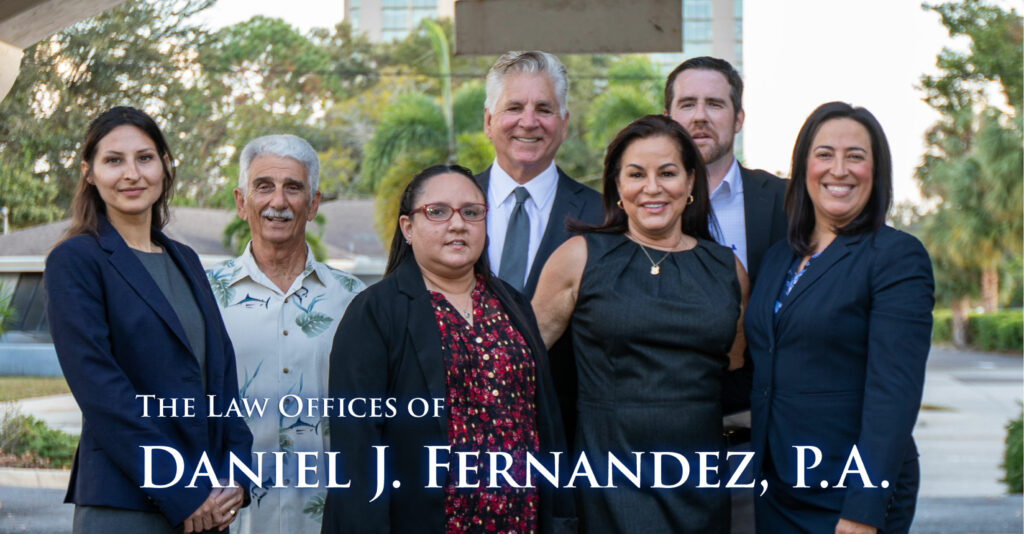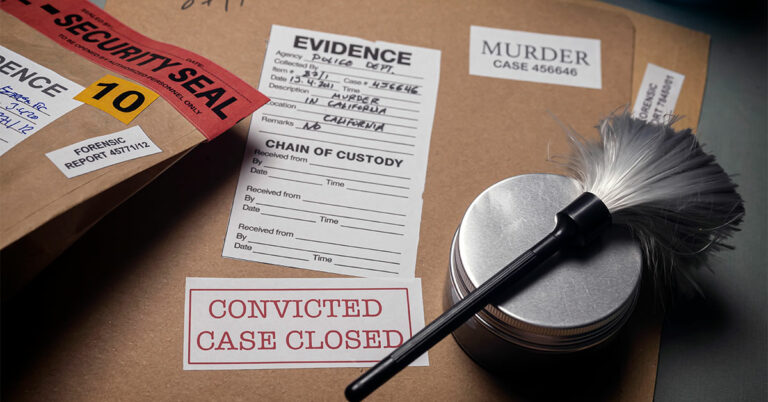Occasionally, the state oversteps the line between a legal conviction and an illegal conviction. Sometimes the state or its agents:
• create a crime
• obtain statements or physical evidence illegally
• improperly stop a vehicle and obtain evidence based on that improper stop
• fail to obtain a search warrant or obtain an illegal search warrant based on insufficient or fabricated facts
• fail to disclose favorable evidence
• do not present sufficient evidence to support a conviction
Occasionally:
• the judge refuses to correct an error by the cops or the state
• the jury is given improper jury instructions
• the judge is biased and refuses to step down
• the judge imposes an illegal sentence
A conviction and sentence does not mean the case is over. If you have been convicted of a felony or misdemeanor, you have a right to appeal the conviction and sentence and an opportunity to have the conviction or sentence overturned on appeal.
What Is the Appeal Process?
An appeal is a process in which a case is reviewed by a higher court. The person filing the appeal usually asks a higher court to change the decision below. For example, sometime after a conviction, a person asks the appeal court to reverse the conviction because the cops obtained evidence illegally and the judge refused to throw it out. The error resulted in an improper conviction. Appeals function to correct errors made by the police, the prosecutor, the judge and the jury.
Appeals are presented to a panel of judges, rather than a trial judge or jury. The parties submit legal briefs and present their arguments. After submitting briefs, the parties may have an opportunity to present an oral argument to a judge or panel of judges. During oral arguments, judges often ask the attorneys questions.
An appeal is about whether the judge at your trial made some serious mistakes and whether those mistakes helped the state get a conviction. An attorney is usually looking for ways to persuade a higher court that the trial judge made such serious mistakes that you did not get a fair trial or a legal sentence.
What Are the Grounds for an Appeal?
The most common reasons to appeal a case include legal grounds such as false arrest, failure to dismiss a case, failure to suppress illegal evidence, improper exclusion or admission of evidence, incorrect jury instructions, lack of evidence to support a finding of guilty, sentencing errors, juror misconduct, prosecutorial misconduct, and ineffective assistance of counsel.
How Long Does a Criminal Appeal Take?
Preparing the record on appeal usually takes three to four months, depending on how long it takes to get the transcripts. Writing the appeal briefs usually takes another two or three months. The court of appeal will review the record and the briefs, and may decide to hear oral argument in the case. After deliberating in chambers, the appellate court will issue a decision. There is no specific time to get an appeal decision.
What Is Post Conviction Relief?
Post conviction motions and petitions are usually filed in the trial court where the conviction occurred. The most common motions for post conviction relief in Florida are rule 3.850, Florida Rule of Criminal Procedure, and rule 3.800, motion to correct an illegal sentence.
A rule 3.850 motion for post conviction relief usually claims ineffective assistance of counsel and that the defendant did not get a fair trial or entered an invalid plea, and asks the judge to overturn the judgment of conviction and sentence. A 3.850 motion must be filed within two years of the judgment of conviction or sentence.
A rule 3.800 motion for post conviction relief usually claims that the defendant’s sentence is illegal and asks the judge to correct the illegal sentence. A rule 3.800 motion can be filed at any time before the sentence is finished.
Should I Contact an Appellate Lawyer?
If you believe that you have been improperly convicted or sentenced, you have a right to appeal the conviction and sentence, and an opportunity to have the conviction or sentence overturned on appeal. If you have been convicted in State court you have thirty days to file a notice of appeal. If you have been convicted in federal court you have ten days to file a notice of appeal. You have two years to file a rule 3.850 motion for post conviction relief.
If you do not file a notice of appeal within the required time you will forfeit your right to appeal. Appealing a conviction or filing a rule 3.850 motion for post conviction relief is very serious business. An appellate lawyer can help level the playing field, protect your rights and see that you get a fair shake. Not every attorney has the qualifications and experience to handle an appeal.







